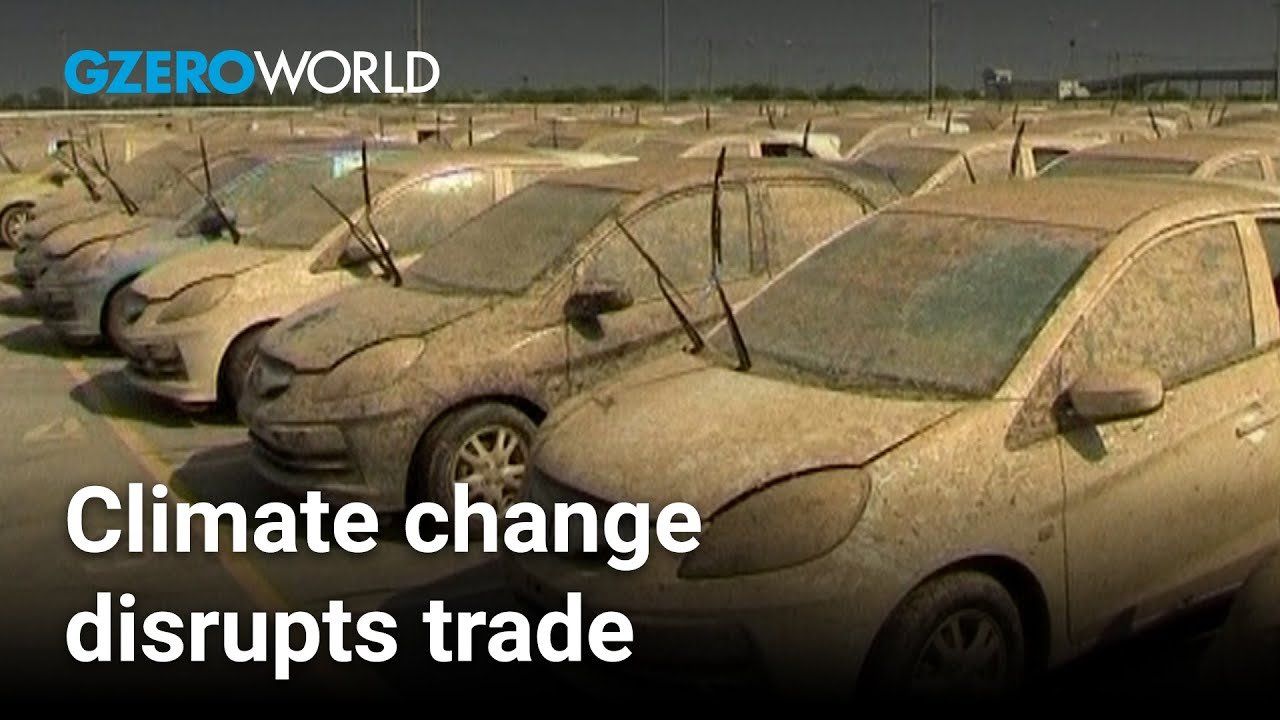GZERO World Clips
Climate change is "wreaking havoc" on supply chains

Climate change is "wreaking havoc" on supply chains | GZERO Media

Climate change is disrupting industries around the world, and that has a major impact on global trade. On GZERO World with Ian Bremmer, WTO Director-General Ngozi Okonjo-Iweala lays out the case for diversifying and decentralizing production around the world to build resiliency and reduce risk in global supply chains.
“Climate change is wreaking havoc in so many places,” Okonjo-Iweala says, “If you concentrate your production in any one place, you risk really disrupting things.
The WTO Chief argues that by trading some of the “just-in-time” efficiency of global supply chains for resiliency, we can reduce the risk of climate disruption as well as the geopolitical risk of labor being contracted in a single country, like China.
“You see what is happening all over the world?" Okonjo-Iweala asks. "We do need to diversify if we want to build resilience.”
A Democrat won Miami’s mayoral race for the first time in nearly 30 years. The Republican defeat will ring some alarms for the party – and their support among Latino voters.
Walmart’s $350 billion commitment to American manufacturing means two-thirds of the products we buy come straight from our backyard to yours. From New Jersey hot sauce to grills made in Tennessee, Walmart is stocking the shelves with products rooted in local communities. The impact? Over 750,000 American jobs - putting more people to work and keeping communities strong. Learn more here.